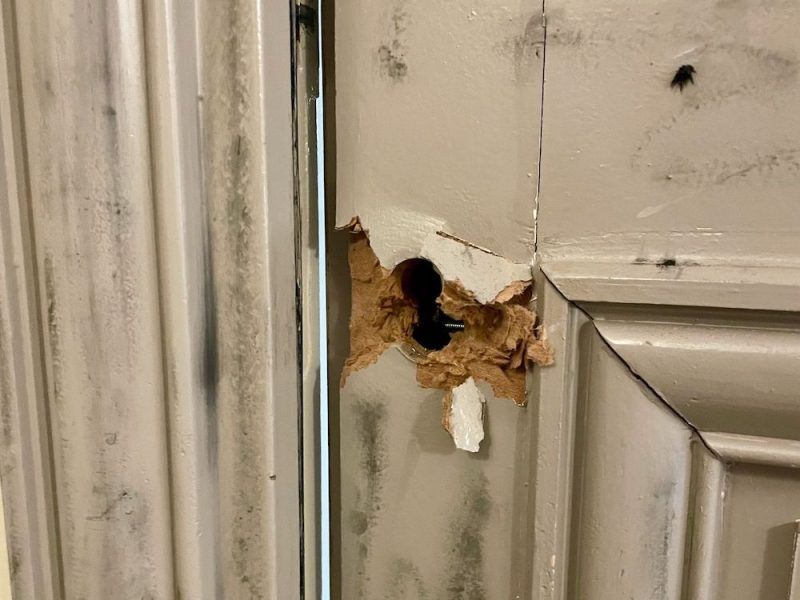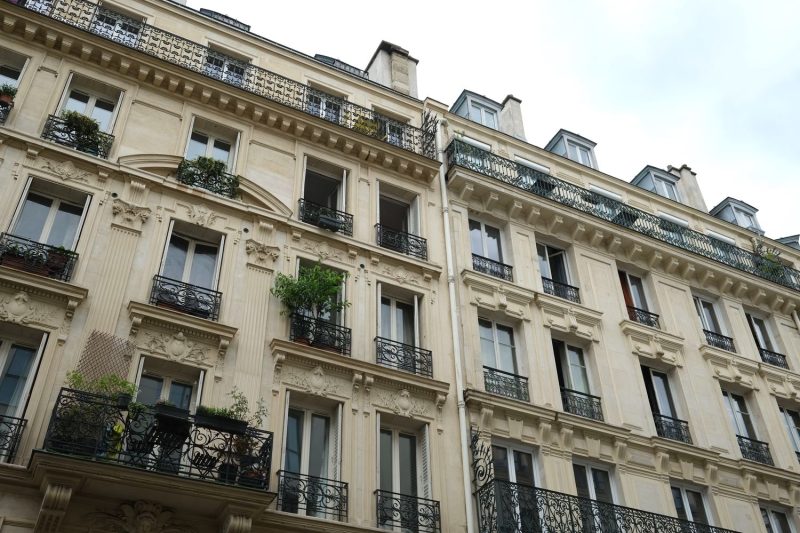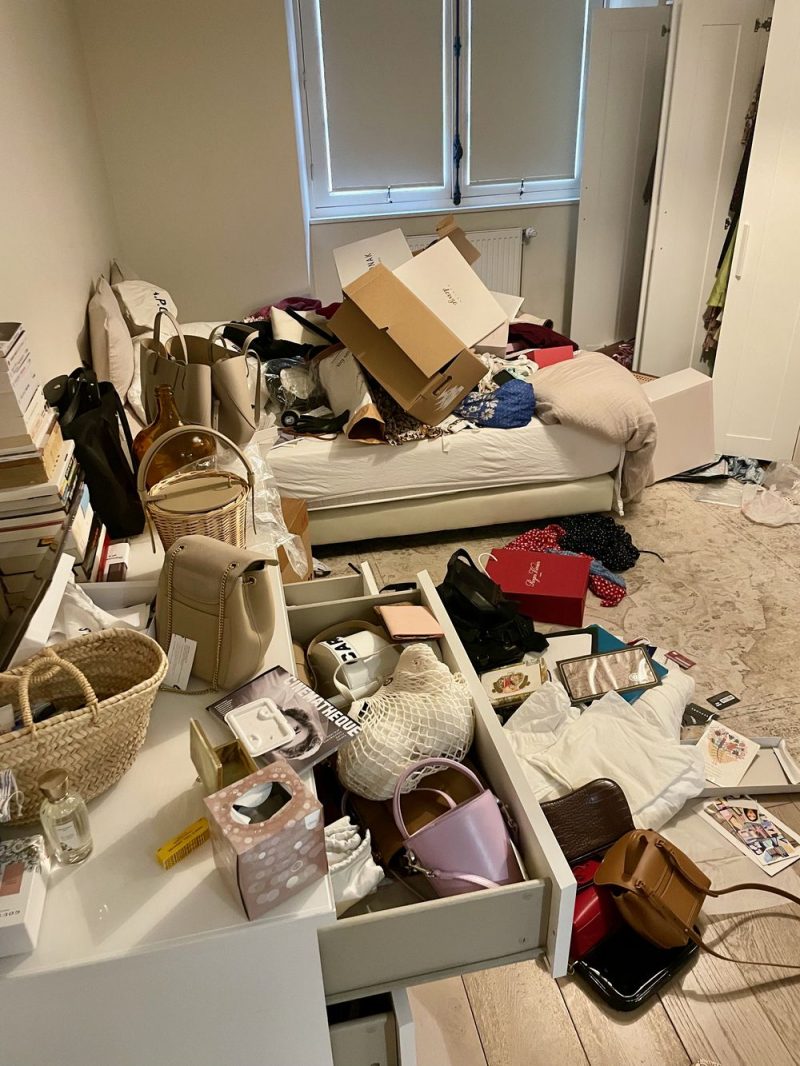How to Terminate a French Rental Lease Agreement and Move Out
Culture Travel may earn a commission through links on this website. As an Amazon Associate, we earn from qualifying purchases.
Whether you’re changing apartments or leaving France, here is what to do when you want to end your lease and vacate your Paris rental apartment or rental home in France.
Notify Your Landlord of the Termination
There’s no such thing as “early termination” in France. French law allows tenants to terminate their rental lease agreements at any time, provided enough notice is given. You must notify your landlord at least 1 month in advance of your departure for a furnished rental, and 3 months in the case of a non-furnished rental, called “donner congé.”
The proper way to terminate a lease in France involves sending a Lettre recommandée avec avis de réception (French registered mail) with the exact day of departure noted. You can’t end a lease by email in France. You must send a registered physical letter, however, you can do so online easily and avoid a trip to the French post office.
Pay Your Last Month’s Rent
It is against the law to use your security deposit as your last month’s rent. You must pay your rent in full (or prorated according to the day you plan to leave the premises) during your last weeks or months of rental.
Prepare an État des Lieux de Sortie
Contact your landlord and ask for an État des lieux de sortie. No one has the right to impose a date on the other. You must both agree to the date and time of the État des lieux de sortie. I recommend you ask your landlord to send you a fixed date and time in writing once it’s been agreed upon.
Have a copy of your État des lieux d’entrée on hand during the meeting so you can easily compare each room and object. Do not sign the État des lieux de sortie if you do not agree with what your landlord has written. You can write a letter contesting his version and ask for a third-party to be present.
Be Prepared to Pay Taxes and Fees to Your Landlord
Your landlord has the right to collect two types of taxes and charges which he may do at the end of your lease or in the near future.
Régularisation des Charges
Your landlord has up to 3 years to reclaim unpaid building charges that may have exceeded the amount you’ve paid to him monthly. If you’ve overpaid, you’ll receive a refund, but if you’ve underpaid, you could owe money.
La taxe d’enlèvement des ordures ménagères (TEOM)
The landlord also has the right to charge you the tax he or she pays on household waste collection (TEOM).
Clean Up and Leave the Keys
Clean the apartment before leaving and be sure to leave the exact keys in your possession with the landlord.
Send Your Bank Details to Your Landlord
Once you’ve left the apartment, you must let your landlord know how to reimburse you for your security deposit. Notify your landlord that you are awaiting his reimbursement of your security deposit. Give him or her the necessary details so that it can be transferred seamlessly.
If Your Landlord Doesn’t Reimburse Your Security Deposit
If your landlord does not reimburse your security deposit within 1 month (no damage reported) or 2 months (if there is damage reported), you have the right to receive 10% of the sum for each month the payment is late. However, you must communicate your new address in order to receive these interest payments.
Start by sending your landlord a lettre recommandée using a template and indicating the amount he or she owes you. If you still don’t get your deposit back you can take your landlord to small claims court in France for amounts below 5000€.
Contact Former SIP if You’re Changing Apartments
Lastly, here is a tip for what to do after moving into your new apartment in France if you’re changing homes within France. The local SIP (service des impôts des particuliers) is responsible for issuing the taxe d’habitation for every type of lodging within its arrondissement. You should contact your former SIP and let them know you’ve moved by sharing the État des lieux de sortie document of your old apartment. This will prevent you from getting charged for this tax on your old residence on January 1 of the following year. Here is a list of SIPs in Paris.



